As the crab season arrived in the fall, 28-year-old Mamatjan Hgni ate the crustacean for the second time in his life.
Mamatjan Hgni is a crabber at an aquatic farm in the Lop Nur lake area at the rim of China's largest desert, the Taklimakan, in northwest China's Xinjiang Uygur Autonomous Region.
"If I hadn't come here by myself, I would have never believed there could be crabs in the desert," said Mamatjan Hgni.
Born in Hadadong Village in Yuli County, Mongolian Autonomous Prefecture of Bayingolin, in central Xinjiang, Mamatjan Hgni used to make a living by growing cotton, a complete stranger to aquaculture and aquatic products.
"In good years in the past, my family and I ran over six hectares of cotton fields and we could earn more than 200,000 yuan (around 29,500 U.S. dollars) a year," said Mamatjan Hgni.
The first time he ever tasted a crab was during his maiden trip to Beijing in 2015, financed by a bumper cotton harvest. "The flavor was good, but there were too many 'bones' in the crab," he recalled, describing the shell as bones.
Yuli County abounds in cotton, with the sown area of cotton reaching more than 76,000 hectares.
The cotton industry in the county, however, fell on tough times, with the cotton price almost halving in a decade, due to the increasing costs, decreasing quality and market fluctuations.
To overcome these difficulties, the local government encouraged the transfer of farmland management rights and conducted a supply-side structural reform in 2017. As more than 23,000 hectares of cotton land were transferred, individual farmers were spared from inefficient cotton growing, while leading enterprises could conduct large-scale planting.
The mechanization rate increased from less than 50 percent to 96.7 percent. The overall production cost declined by a quarter per hectare, with the yield increasing by 28.5 percent.
More than 11,000 farmers, or 70 percent of the county's rural workforce, were endowed with more job opportunities.
"By transferring my cotton fields alone, I earn almost 70,000 yuan a year. At the same time, I'm free to go out for other jobs," said Mamatjan Hgni.
Following a recommendation by his friend, Mamatjan Hgni found a job at the aquatic farm early this year.
Lop Nur lake is a natural lake on the northeast of the Taklimakan Desert, originating from the Tarim River, the longest inland river in China. Thanks to the improving ecological environment in the Lop Nur lake area, freshwater fish breeding became possible in the desert.
Chu Ningning became "the first to try crab" -- by raising crabs in the desert.
"I didn't expect that the 1 tonne of juvenile crabs I dumped into the lake in 2014 could yield eight times that weight in crabs. It was just astonishing for this to happen in Xinjiang," said Chu Ningning, 40, head of the Yuli freshwater fish breeding farm that Mamatjan Hgni works for.
Chu lets the crabs grow freely in the Lop Nur lake, which receives clean water from the Tarim River.
Considering the delicate ecology in the desert area, she limits the quantity of crabs to 12 tonnes each year. Local people come to purchase the crabs and experience a delicacy previously unknown to the inland area.
Mamatjan Hgni is now an adept crabber, with free accommodation and a monthly salary of 3,000 yuan.
"I hope to buy an Audi and take my family on a trip in five years," said Mamatjan Hgni. "I believe I can make it as long as I work hard."




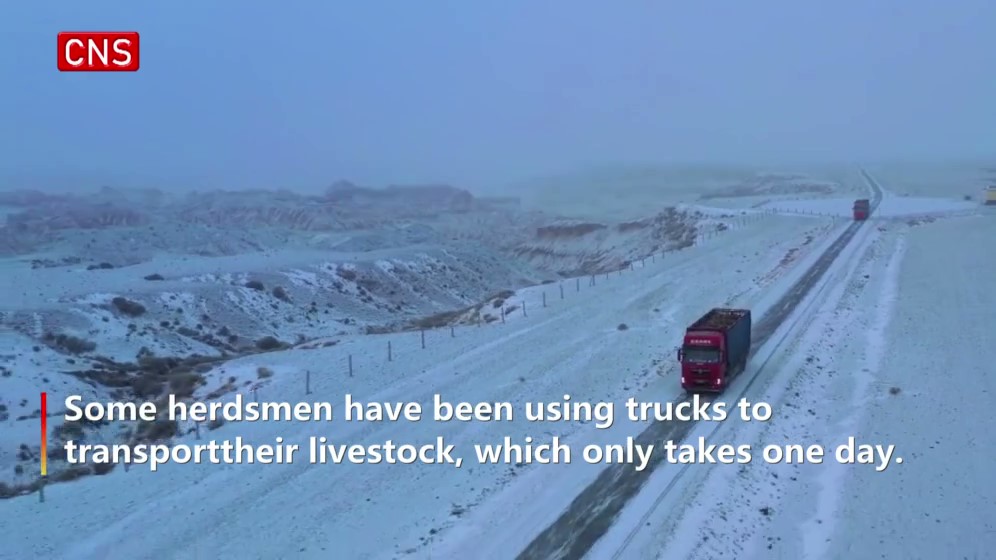




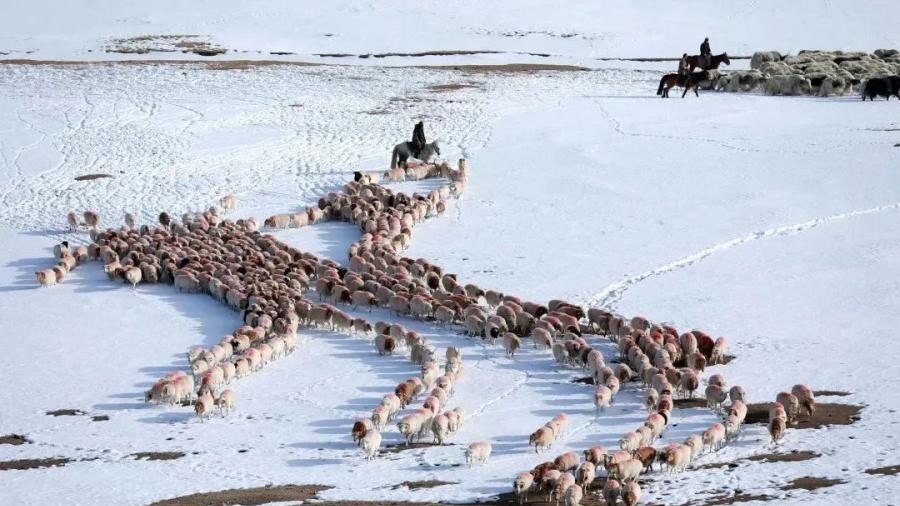

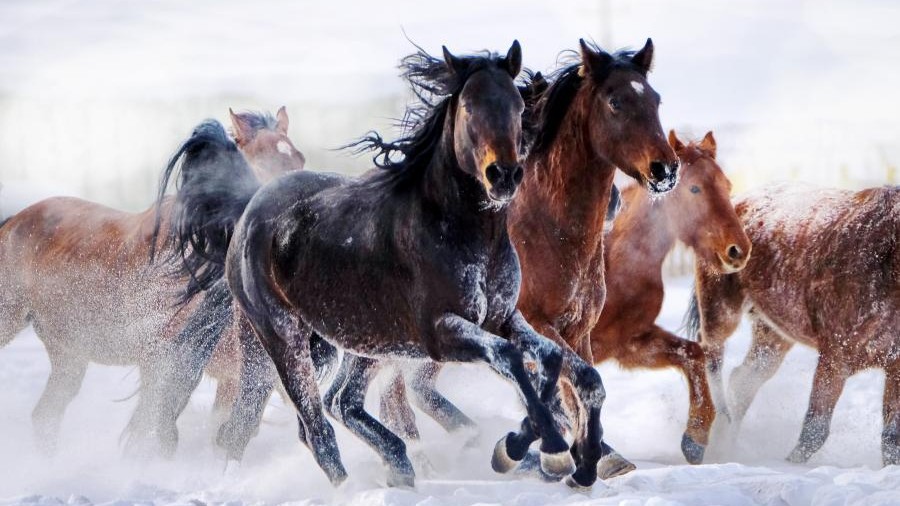


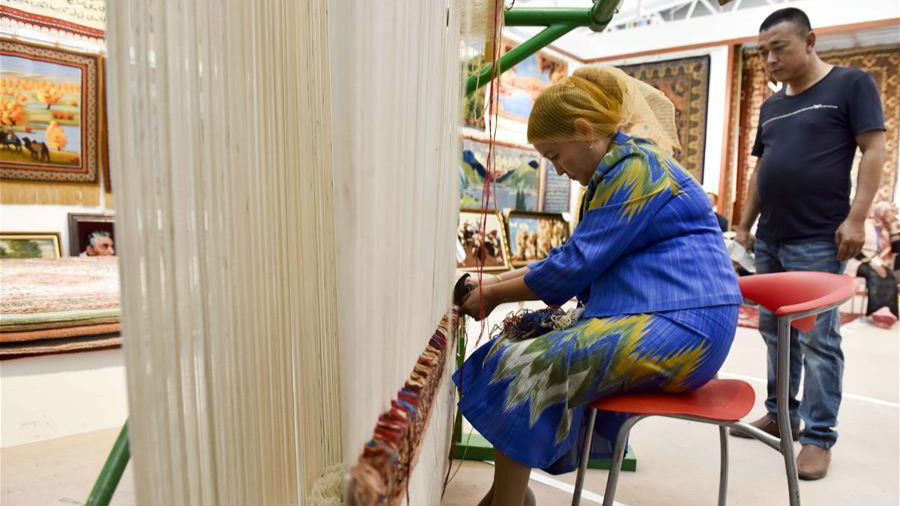
.jpg)


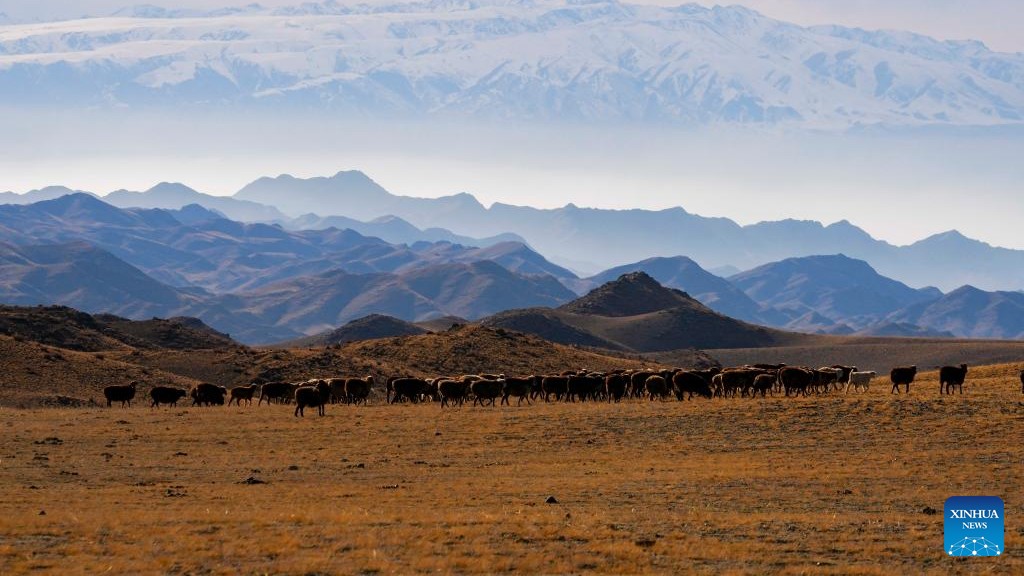



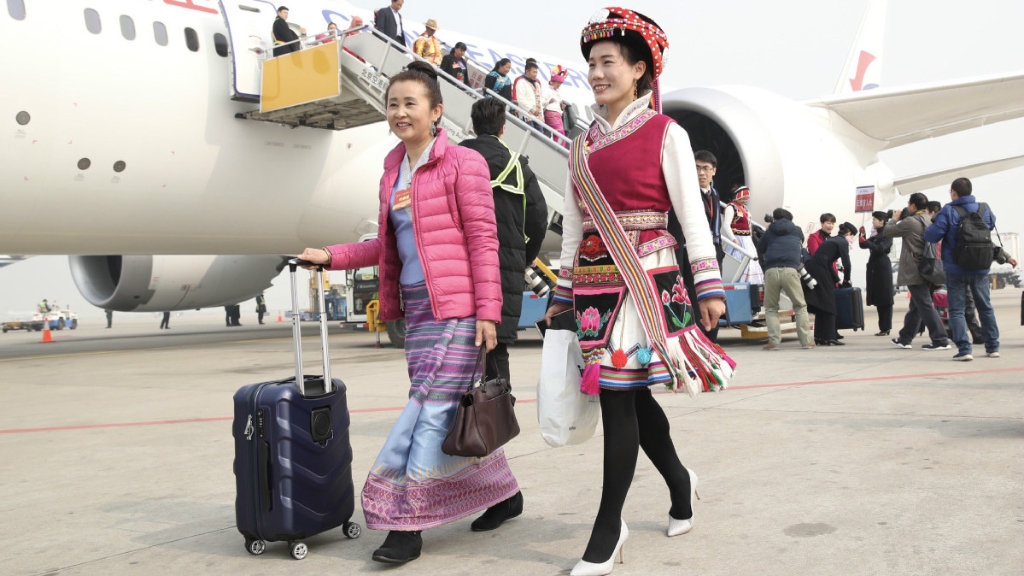


.jpg)


